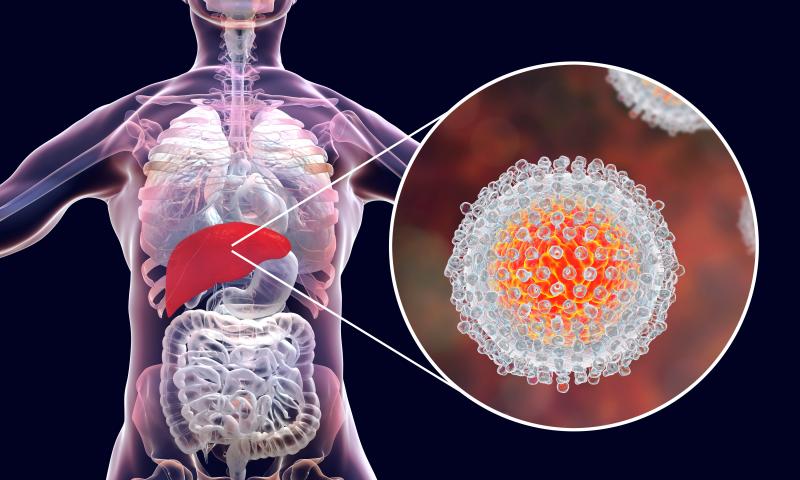
Acute autoimmune hepatitis (AIH) appears to be increasingly prevalent in Japan, a recent study has found. New strategies for diagnosis are needed to combat an emerging public health threat.
“To the best of our knowledge, this evidence of an increasing trend of acute AIH was the first to be reported worldwide,” researchers said.
They surveyed 138 hospitals that had hepatology specialists, asking for patients who had been newly diagnosed with AIH between 2014 and 2017. Fifty-four centres returned the questionnaires, yielding a total of 796 patients (median age at diagnosis, 63 years) eligible for the present analysis. A parallel group of 1,410 AIH patients from the previous nationwide survey in 2015 was also included.
In both surveys, majority of the patients had been diagnosed within 6 months from the estimated time of disease onset (2018: 79.0 percent; 2015: 77.2 percent; p=0.361). In the latest survey, almost half (43.6 percent; n=336) had moderate disease, while 38.5 percent and 17.9 percent had mild and severe AIH, respectively; no such data were available for the 2015 cohort.
The prevalence rate of acute hepatitis in the 2018 survey was 21.7 percent, which was significantly greater than that in the 2015 group (11.0 percent; p<0.001). Chronic hepatitis, in contrast, was more common in the earlier survey (81.9 percent vs 70.0 percent; p<0.001).
Treatments given included prednisolone, ursodeoxycholic acid, and steroid pulse therapy. From 2014 to 2017, nine patients died of liver-related causes, yielding a rate of 1.1 percent. One patient received a liver transplant.